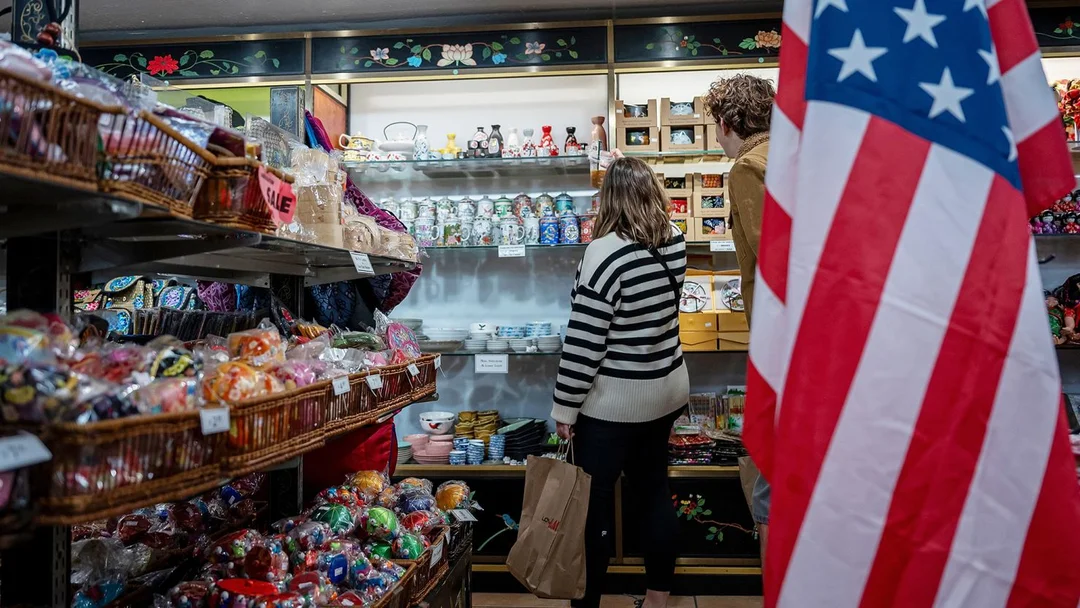
American Consumer Sentiment Plunges to Historic Lows Amid Trump’s Trade War Turmoil
American consumer confidence has plunged to levels unseen since the darkest days of the COVID-19 pandemic and the Great Recession, as President Donald Trump's aggressive trade war and surging inflationary fears grip the nation’s psyche. According to preliminary data from the University of Michigan’s April survey, consumer sentiment has tumbled 11% in a single month to a razor-thin reading of 50.8—a figure that is now the second-lowest ever recorded since 1952.

The historic plunge is, as survey director Joanne Hsu described, “pervasive and unanimous across age, income, education, geographic region, and political affiliation.” Over the past year, overall sentiment has crashed over 30%, with the latest figure rivaling the worst days of the 2008 financial crisis.
Trump’s trade policies—marked by sweeping tariffs and a turbulent on-again, off-again approach—are at the heart of this anxiety. After initially teasing steep new import taxes and then announcing a 90-day partial reprieve (which notably excludes China), the administration has forced global supply chains and American wallets alike into a state of uncertainty. China, in response, ratcheted up its own tariffs on American products to 125%.

Financial markets have echoed this turmoil. U.S. Treasury yields are rising, signaling investor fears over growing instability, while the dollar has tumbled to three-year lows against the euro. BlackRock CEO Larry Fink warned, “I think we’re very close, if not in, a recession now,” drawing parallels to prior seismic economic shocks.
The human cost is increasingly clear. The share of Americans expecting rising unemployment is at its highest since 2009. Subindexes measuring future expectations and labor market confidence are both in a nosedive, a far cry from the robust job market that powered resilient spending in recent years. More than two-thirds of survey respondents now believe the government is doing a “poor job” fighting inflation and unemployment. Even among Republicans, sentiment dropped 6% in April.
Tariffs, in particular, have kindled concerns that inflation—though recently subdued—will reignite. Short-term inflation expectations have leapt to 6.7%, the highest since 1981, and long-term expectations have climbed to 4.4%. Such pessimism, economists note, is self-reinforcing: “If people expect prices to rise, they often take steps that can push up prices, such as accelerating purchases or seeking higher wages,” explained Hsu.
Yet spending, for now, remains surprisingly resilient. Federal Reserve Chair Jerome Powell recently observed, “Sometimes the surveys are very negative, but they keep spending.” Still, analysts warn that this front-loading of purchases—motivated by fear of even higher prices—may only be a temporary buffer if the job market deteriorates or uncertainty lingers.
The simultaneous collapse in confidence among Democrats, Republicans, and independents underscores the bipartisan breadth of unease. Bank executives and economists alike warn that the cascading effects of tariffs, inflation, and policy paralysis could inflict lasting scars on the economy.
As policymakers scramble to restore stability and Americans weigh their financial futures, the coming months may reveal whether this downturn in sentiment proves to be a passing storm or the harbinger of a deeper recession. What’s your outlook? Share your comments and join the discussion below.